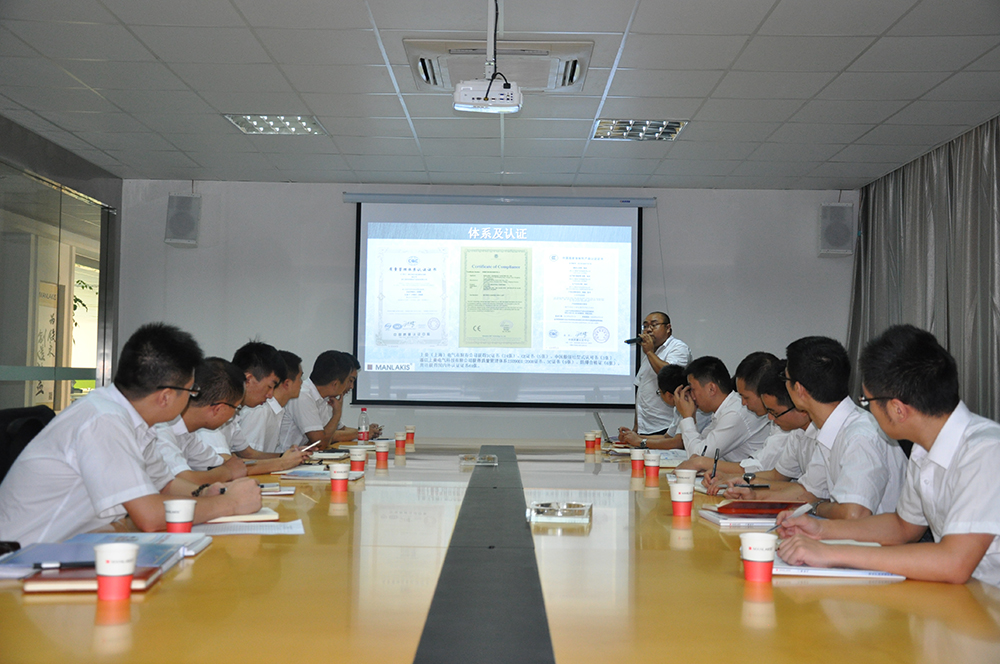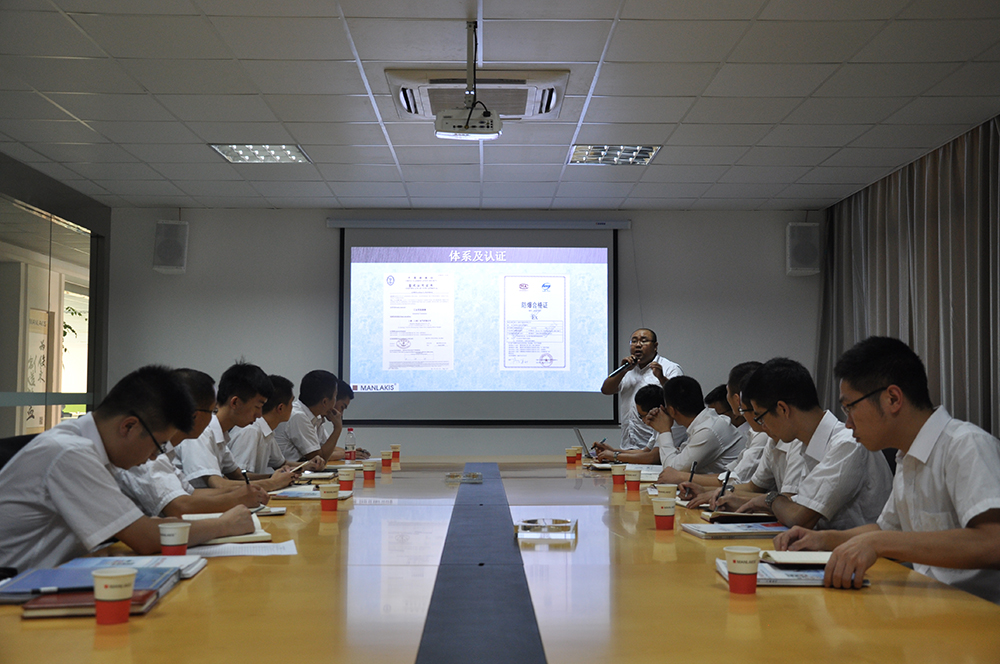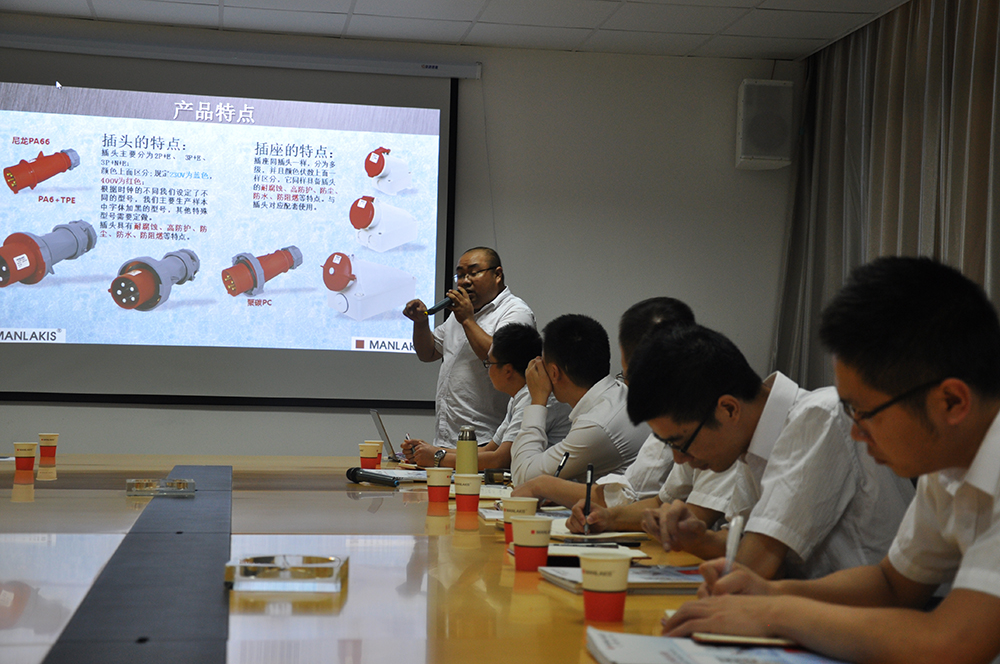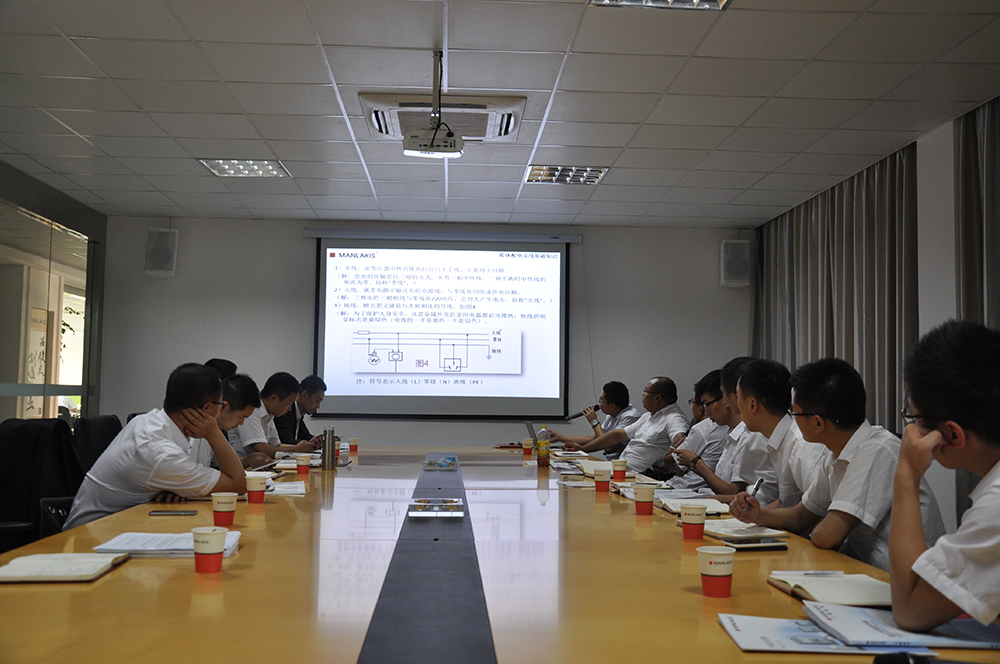In the face of challenges in globalized, high-quality, and efficient work systems, training becomes more important for enterprises. Training significantly enhances and improves the knowledge, skills, and attitudes of employees, thereby enhancing the efficiency of the enterprise and gaining a competitive advantage. Specifically reflected in the following aspects:
1. It can improve the professional abilities of employees. The direct purpose of employee training is to develop their professional abilities and enable them to better perform their current daily work and future work tasks. In terms of ability training, traditional training focuses on two levels: basic skills and advanced skills. However, future work requires employees to have broader knowledge, train them to learn knowledge sharing, and creatively apply knowledge to adjust products or services. At the same time, training improves the work ability of employees, provides them with the possibility of achieving good work performance, and also provides more opportunities for promotion and higher income for employees.
2. It is beneficial for enterprises to gain competitive advantages. Faced with fierce international competition: On the one hand, enterprises need more and more multinational business talents to do a good job in talent training for entering the world market; On the other hand, employee training can improve the research and development capabilities of new products in enterprises. Employee training is to continuously train and develop high-quality talents to gain competitive advantages, which has been recognized by people. Especially as human society enters a new era that relies heavily on knowledge economy resources and information resources, intellectual capital has become a key factor in obtaining productivity, competitiveness, and economic achievements. The competition of enterprises no longer relies on natural resources, cheap labor, sophisticated machinery, and strong financial resources, but mainly relies on knowledge intensive human capital. Employee training is a way to create intellectual capital. Intellectual capital includes basic skills (skills to complete one's job), advanced skills (such as how to use technology to share information with other employees, understanding customers and production systems), and self stimulating creativity. Therefore, this requires establishing a new training concept that is suitable for future development and competition, and improving the overall quality of enterprise employees.
3. Beneficial for improving the quality of work in enterprises. Work quality includes production process quality, product quality, and customer service quality. Undoubtedly, training enhances and enhances the quality and professional abilities of employees, which will directly enhance and improve the quality of work in the enterprise. Training can improve employee performance and reduce costs; Training can increase employees' knowledge of safe operations; Improve the labor skill level of employees; Enhance employee job awareness, increase their sense of responsibility, and standardize production safety regulations; Enhance safety management awareness and improve the management level of managers. Therefore, enterprises should strengthen training on employee professionalism, safety awareness, and knowledge.
4. It is conducive to the construction of an efficient work performance system. In the 21st century, the development of science and technology has led to changes in employee skills and job roles, and companies need to restructure their organizational structure (such as establishing work teams). Today's employees are no longer simply accepting work tasks and providing auxiliary work, but participating in team activities to improve products and services. In team work systems, employees play many managerial roles. They not only have the ability to use new technologies to obtain information that improves customer service and product quality, but also to share information with other employees; They also possess interpersonal skills, problem-solving skills, collective activity skills, communication and coordination abilities, etc. In particular, the ability to train employees to learn to use the Internet, the Global Network and other tools for communication and information collection can make the enterprise's job performance system operate efficiently.
5. Meet the needs of employees to realize their self-worth. In modern enterprises, the more important purpose of employees is to achieve their "advanced" needs - self value realization. Training continuously teaches employees new knowledge and skills, enabling them to adapt or accept challenging work and tasks, achieve self growth and self-worth. This not only satisfies employees materially, but also gives them a sense of spiritual achievement.







